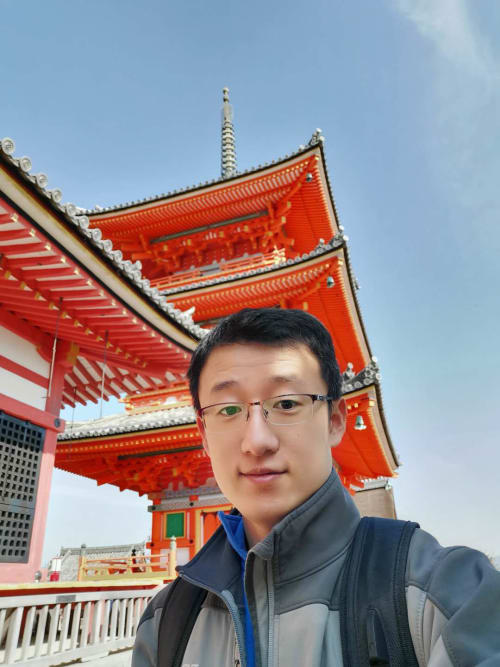
I found traditional method+ANKI worked very well at my Japanese but wonder if it'll apply to all other language learning.
I've been self learning Japanese since 16th May 2020, today is exactly Day 324, no day off from 1st day.
Never thought I would be addicted to Japanese like this, first half year was easy and normal, I set 20 new vocabularies as target at ANKI after I memorized Hiragana at 1st week, and followed free online Japanese program which well explained most popular Japanese learning textbook in China.
Started to watch TV(NHK) since July and found language exchange partner since Sep to practice speaking on the weekend, I was happy to see progress in both listening and speaking, and set target to read books in the future.
I thought prepare for JLPT N3 will let me learn grammars systematically.
When I tried some books after JLPT test was done at Dec last year, I found N3 level was far from enough to read books.
Although I finished Japanese version of "little prince" ebook without so much difficulty with support at LingQ site and online dictionary, when I tried other book written by Japanese author it was too hard, I felt lacking both in vocabularies and grammars.
From that moment, I tried harder and spent almost all my spare time to learn Japanese, new vocabularies target was increased to 50 per day(unless I was extremely busy that day) and also added N1,N2 grammers with many examples into ANKI and I have to spend 2hr per day to deal with ANKI only which was not easy.
With full time job on week day, I averaged nearly 3hr learning per day, and memorized around 10k vocabularies + all main grammars up to JLPT N1, self tested 4 historical N1 and lowest score was 139(with 100 pass score and total 180 score), so now I'm confident to pass this July's N1 test.
Although it's easier for Chinese to learn Japanese, but reach N1 level within 10 months while having full time job is still rare I guess , it's said consistent 1.5-2 year full time learning to reach N1 level is possible for Chinese students, addiction level of interest and knowing Korean probably helped speeding up my improvement.
What I found worked as followings:
- ANKI was extremely effective at memorizing vocabularies and grammars. And don't forget to add audio of words and at least 3 most commonly used examples into ANKI, not just vocabulary and meaning itself.
- Clear Anki every day, consistency is key. If I was busy I just used defense model, by deleting new words target of that day and only focus to clear all review cards.
- Listening from very early stage helped, although can't understand much at first few months, but months of listening during errands, exercises, housework etc. made my ear familiar with Japanese flow and rhythm when spoken in sentences.
Shortcomes of heavily rely on ANKI:
- Time consuming, commitment on daily learning hour is needed.
- Boring, especially when you set high target like 50 new words. Memorize 50 new words took max 30min but reviewing old cards which Anki normally push to me around 500 cards will take another 90 min, and since I'm normal guy I have to start over 10-15% of them, miserable sometimes.
- Writing haven't improved since almost no practice, and I found can't tell k,g ,long or short pitch when try to type.
- Reading time was limited and impacted slow improvement in speaking, given limited total time and heavily spent on Anki review, I didn't have time to read on many week days. I still can't add much reading since I'd like to clear all new N1 cards at Anki which will take another 1 month.
Mitigation plan or future plan if have chance to learn any new language:
- Reduce burden of ANKI memorizing, 20 new words per day at maximum. Maybe it'll take longer time but will be sustainable.
- Increase reading percentage, I'm convinced by Stephen Krashen's theory that many comprehensible input will improve all aspects of language skill, only question is if I can find enough interesting materials at different level in target language which was not the case in my Japanese.
- I'm doubt about effect of speaking, I believe it's output and result and I have personal experiences which I'll write in a new post.
So when I said traditional method, it's textbook, vocabularies, grammer drills ets, except I didn't do any test in textbook or grammer books.
Thanks for reading my random thoughts on language learning, hope it's useful for you and I'd like to see your comments on Anki.

Hi Jason! I think your English is already on a high level. What I noticed was that you're rarely using articles such as "a" or "the". Maybe you could read a longer English text and mark every article you come across and analyze why they are used. Good luck with your Japanese!
@LindasLinguas Yes I should pay attention to it, thanks for your suggestion.